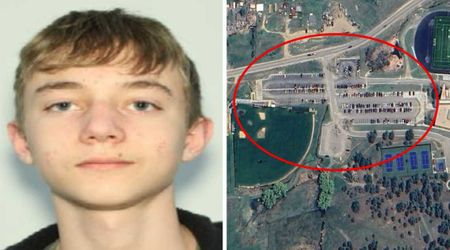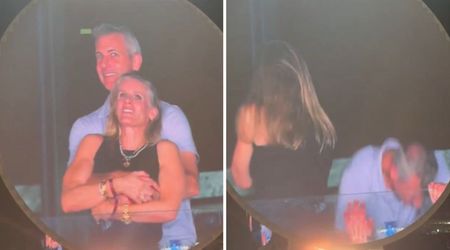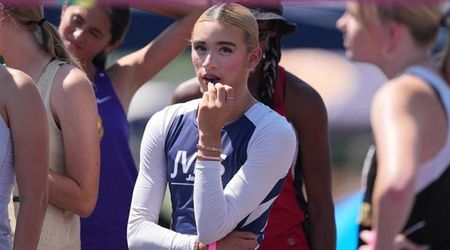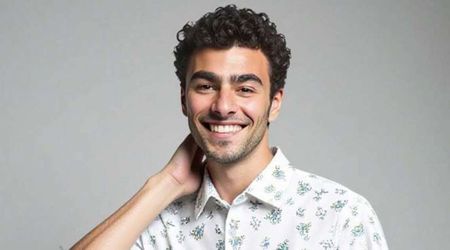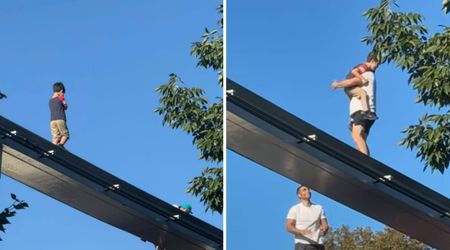Investigators probe whether Black Hawk soldiers were wearing night-vision goggles during deadly DC crash

WASHINGTON, DC: Investigators are currently examining whether the Black Hawk pilots involved in the deadly Washington, DC, crash were wearing night-vision goggles at the time of the incident.
On January 29, the Army helicopter collided with an American Airlines passenger airplane while conducting mandatory night training, resulting in the deaths of 67 people, including the three soldiers aboard the chopper, Captain Rebecca Lobach, Chief Warrant Officer 2 Andrew Eaves, and Staff Sergeant Ryan Austin O'Hara.
Update on Guantanamo Bay Operations and @SecDef Hegseth Addresses Tragic Mishap Involving US Army Helicopter pic.twitter.com/80J5djB4oP
— Department of Defense 🇺🇸 (@DeptofDefense) January 30, 2025
Investigation focuses on the possible role of night-vision goggles in the deadly helicopter and airplane crash
Defense Secretary Pete Hegseth stated that the crew "did have night-vision goggles" with them, but did not specify if they were wearing them during the crash.
Investigators are focusing on evidence from the crash site to determine if the goggles were in use. According to The New York Times, they are particularly interested in the position of the soldiers' helmets and equipment, as well as the bags where the crew members were supposed to store their goggles.
If these bags are found empty, it would suggest the goggles were likely in use. If the bags contain the goggles, it would suggest they were not worn at the time of the crash.

David Soucie, a former safety inspector and accident investigator for the Federal Aviation Administration (FAA), explained, "If the goggles were down, they would push into the face and cause more facial structure injuries."
The crucial data might be discovered through autopsies or postmortem findings, but Soucie pointed out that the crash's catastrophic nature and the plunge into the Potomac River could make it difficult for researchers to determine the exact details.
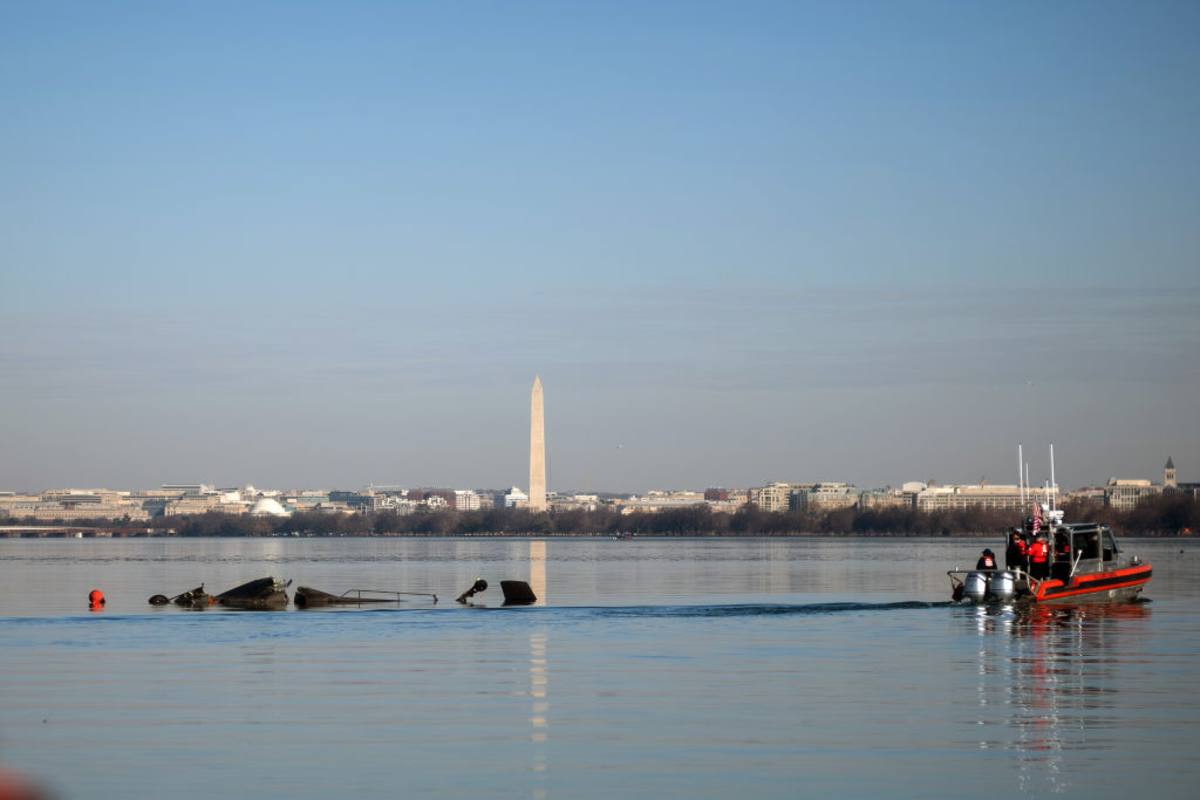
Experts have speculated that the goggles could have been ripped from the soldiers' helmets during the violent collision. Meanwhile, the National Transportation Safety Board (NTSB) revealed that they had completed interrogations with air traffic controllers involved in the incident.
Authorities stated that the plane removal process would take a few days, followed by the removal of the Sikorsky UH-60 Black Hawk military helicopter. As of now, 55 of the 67 victims have been identified, making the January 29 collision the deadliest air disaster in the US since 2001.
Internet discusses night-vision goggles' role in deadly helicopter and airplane crash
Facebook users have been actively discussing the investigation into the use of night-vision goggles in the DC collision.
Some have emphasized the importance of these goggles for pilot safety in low-visibility conditions, while others raised concerns about their potential drawbacks, such as impairing natural vision or causing discomfort.
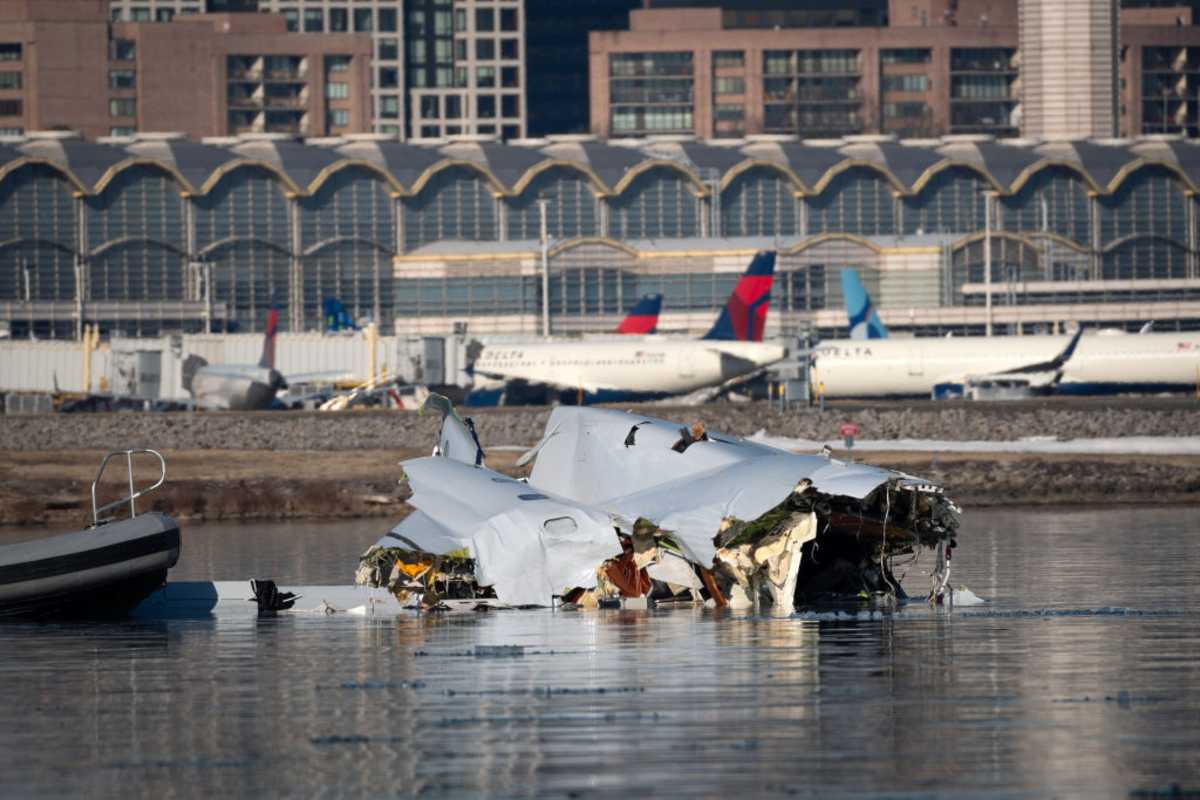
"This is a compelling investigation angle! Night-vision goggles are crucial in ensuring pilots' operational awareness in low-visibility situations. It’s critical to understand whether their usage, or lack thereof, might have been a contributory factor in the accident," one said.
Another added, "A primary problem with wearing night vision goggles is that they can significantly impair your natural night vision when not in use, causing temporary blindness in low-light conditions due to the goggles' amplification of minimal light, and can also lead to eye strain and discomfort from prolonged use."
"The NVGs that pilots wear do not hinder their vision whatsoever. They don't have civilian gear, they have the best of the best, quad tube fully peripheral vision and thermal capable... they're just looking for an excuse," one more remarked.
"Because night vision goggles are a double sided advantage/disadvantaged in they allow you to see in the dark but can impede your line of sight around you creating blind spots you would not normally have in a Blackhawk Helicopter that could be the reason the piolet did not see the plane," said a netizen.
"I’ve heard from military pilots that NVG’s used in a large city environment like Washington DC are about useless because all the city lights would blind you wearing those things. They are meant to be used in low light areas, like out in the desert," another comment read.
"They were warned multiple times and ignored the warning let’s not blame it on equipment. You have an inexperienced captain with two weeks total time in command and because of that a lot of people died," an individual declared.
This article contains remarks made on the Internet by individual people and organizations. MEAWW cannot confirm them independently and does not support claims or opinions being made online.

